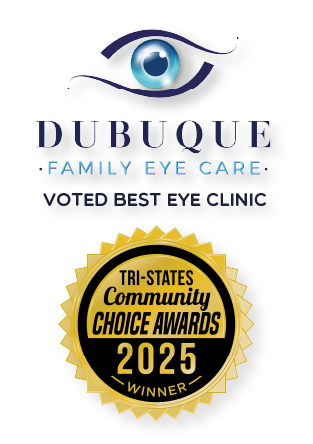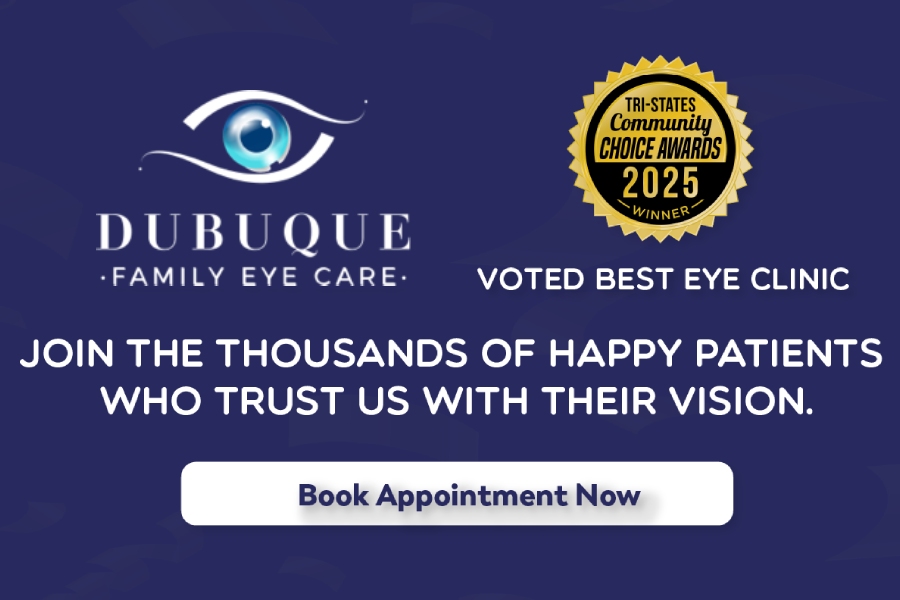Let’s Address Your Dry Eyes
Tears play an important role in your eye health since they are meant to protect the eye’s surface. Unfortunately, millions of Americans live with dry, irritated eyes. Dry eyes may seem insignificant, but they can make everyday life frustrating.
We understand the discomfort that dry eye disease can cause, and we want to help every patient who comes through our doors experience comfortable vision.
Our goal is to help determine the cause of your irritation and find ways to help you live symptom-free. We have several methods to help relieve your symptoms, including lifestyle changes, prescription medications, and a trip to The Eye Spa.
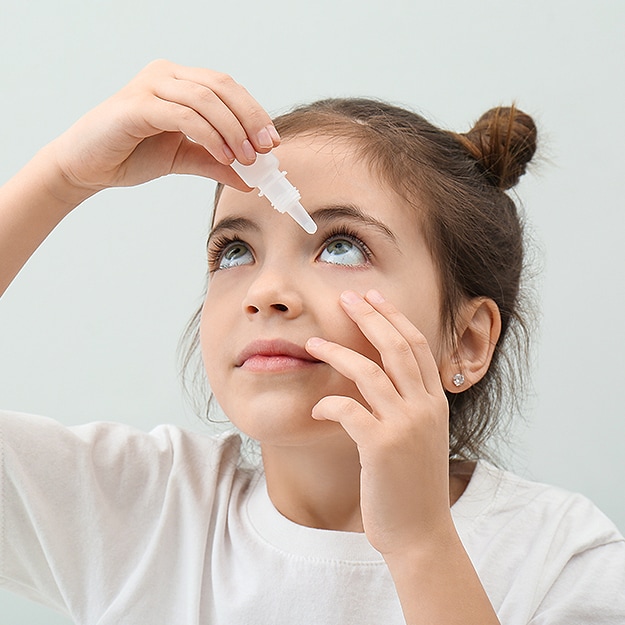
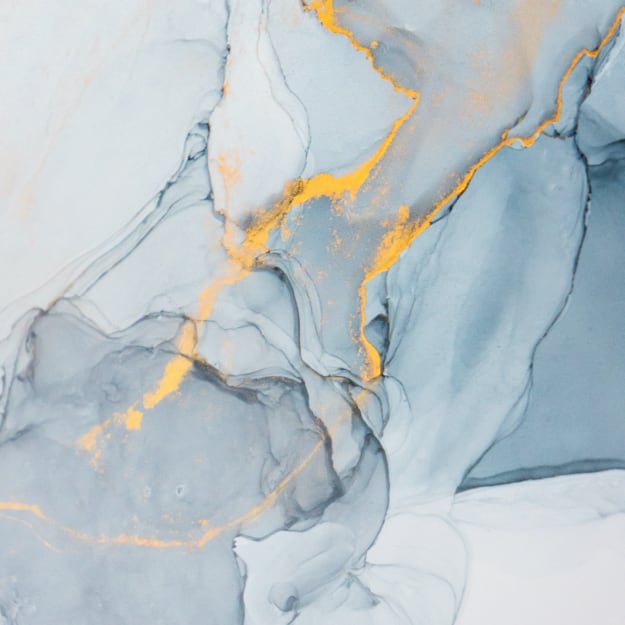
What Is Dry Eye Disease?
Dry eye disease is an often chronic condition where your tears cannot effectively lubricate your eye. Your tears provide moisture, reduce your risk of eye infection, wash away debris, and keep your eyes protected. Unfortunately, issues with your tears can leave you with red and burning eyes.
The 3 layers (mucus, water, and oil) of the tear film work together to produce your tears. These layers help keep tears on your eyes, provide the water necessary to hydrate and protect the eye, and prevent your tears from evaporating too quickly. You experience dry eye when complications arise within the tear film, causing inflammation and irritation.
Common dry eye symptoms include:
- Blurry vision
- Eye redness
- Eyes that sting or burn
- Light sensitivity
- Stringy mucus around the eyes
- Watery eyes
What Causes Dry Eye?
There can be several factors contributing to your dry eyes. Complications within the tear film cause dry eye, but there are many reasons your tear film may have problems. Generally, dry eye is caused by decreased tear production, increased tear evaporation, or both.
Decreased Tear Production
Decreased tear production is when your eye cannot produce enough water for your tears. Tear production often slows down with age, leading to dry and irritated eyes. Because of this, dry eye can be more common in older adults.
Age isn’t the only factor related to decreased tear production though—other causes include:
- Certain medical conditions
- Certain medications
- Desensitized corneal nerves
Increased Tear Evaporation
Increased tear evaporation happens when your tear film doesn’t have enough oil to keep your tears from drying out. Your eyes become dry and irritated when your tears evaporate too quickly.
In a well-lubricated eye, the meibomian glands (the glands on the edge of your eyelid) release oil each time you blink to prevent your tears from evaporating. These glands can become blocked or clogged, known as meibomian gland dysfunction.
Meibomian gland dysfunction isn’t the only cause of increased tear evaporation. Other causes of dry eyes include:
Dry Eye Treatments
We have many dry eye treatments available at our practice, ranging from conservative, at-home treatments and lifestyle changes to specialty contact lenses. The best treatment for you depends on your unique dry eye situation. After determining the cause of your irritation, our doctors will recommend effective treatments to relieve your symptoms.
We’re proud to offer several dry eye treatments at our practice:
- Artificial tears: Known as non-prescription eye drops, artificial tears help provide moisture to your eyes by simulating real tears.
- Dry eye masks: Dry eye masks help relieve dry eye symptoms by heating your meibomian glands & reducing inflammation in the eyes.
- Lumenis OptiLight: Optilight is a treatment method utilizing intense pulsed light (IPL) therapy to treat dry eyes caused by meibomian gland dysfunction. It uses pulses of light to heat the skin around the eyes, relieving pesky dry eye symptoms with a warm sensation.
- Meibomian gland expression: Meibomian gland expression involves manually expressing trapped oil from your meibomian glands.
- Ointments: Eye ointments are thicker than eye drops & coat your eyes to restore moisture to the eye. You typically use ointments overnight.
- Prescription eye drops: Prescription eye drops are referred by your eye doctor to relieve your symptoms. These eye drops may reduce inflammation or stimulate tear production.
- Supplements: Dry eye supplements can help increase your intake of certain nutrients needed for healthy eyes, such as omega-3s & vitamin A.
We may recommend lifestyle changes such as rest, sunglasses, drinking more water, or using artificial tears.
If other treatments aren’t effective, we’re happy to refer our patients for a luxurious experience at The Eye Spa. Featuring treatments like OptiLight, our innovative technology allows us to treat the source of your dry eye in a relaxing environment.
We’re happy to offer comfortable and invigorating treatments for our patients. Visit our Eye Spa page to learn more or contact us with any questions you have. We can explain how these treatments work and their benefits in detail.
Improve Your Quality of Life
While dry eye can be irritating and uncomfortable, you don’t need to live with this condition forever! We can recommend effective treatments after uncovering the cause of your dry eye.
Contact us if you’re experiencing dry eye symptoms—we can help improve your quality of life.
Our Brands


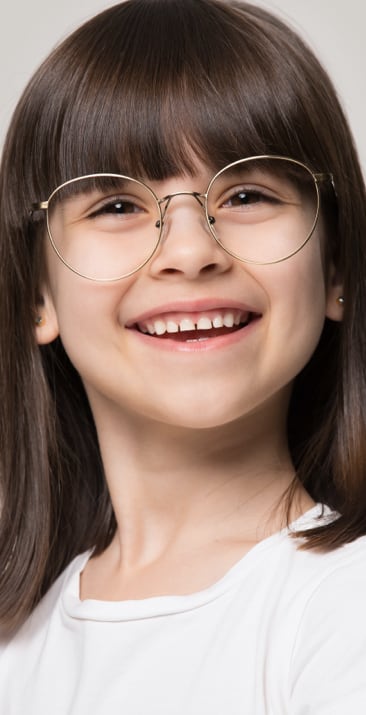

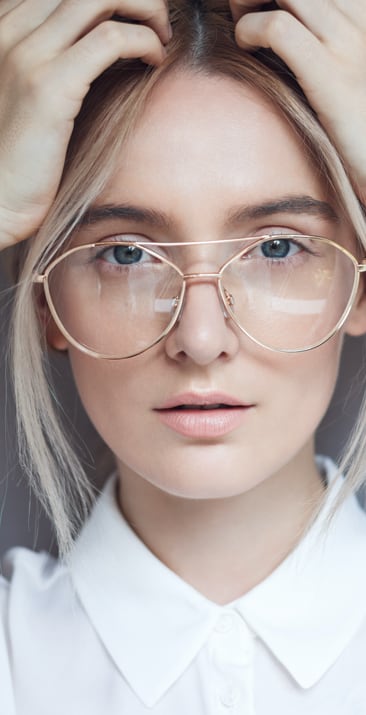




OUR LOCATION
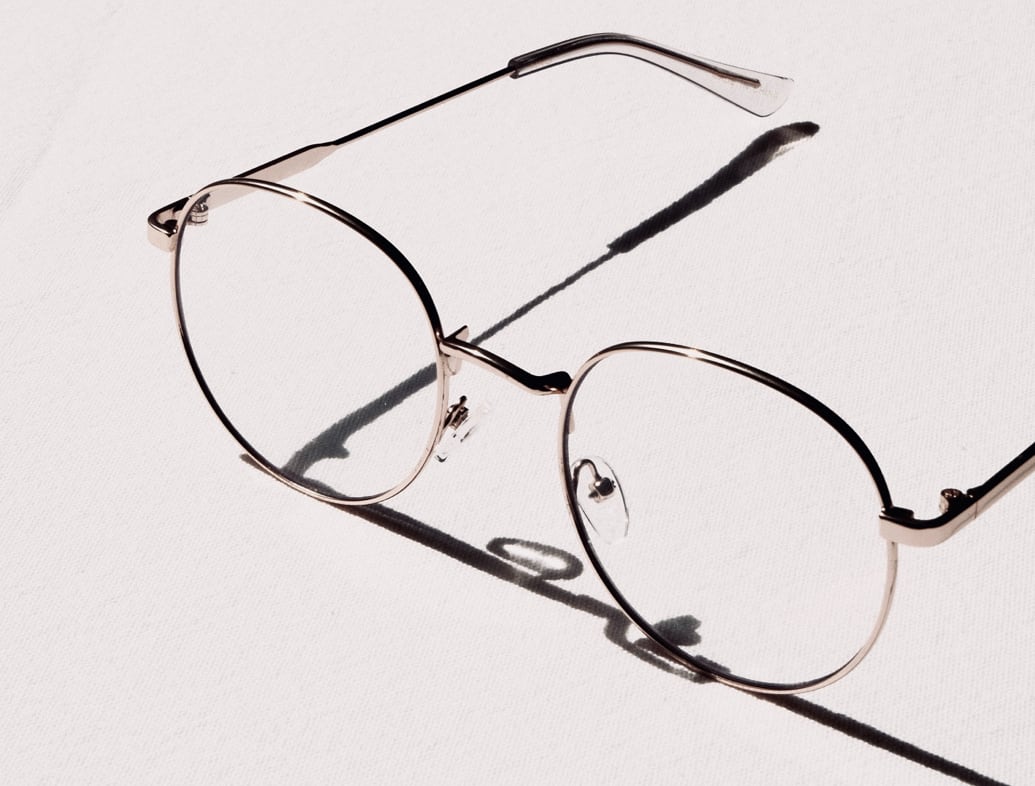
Visit Us
Our practice is located in Dubuque County, just off of Center Grove Drive. You can park in one of the many parking spaces available right in front of our practice doors.
Can’t find us? Feel free to give us a call!
- Phone: 563-588-2093
- Email: [email protected]
- 3343 Center Grove Drive, Suite
- Dubuque, IA 52003
Hours of Operation
- Monday: 8:00 AM – 5:00 PM
- Tuesday: 8:00 AM – 5:00 PM
- Wednesday : 8:00 AM – 5:00 PM
- Thursday: 8:00 AM – 6:00 PM
- Friday: 8:00 AM – 2:00 PM
- Saturday: Closed
- Sunday: Closed
*Closed from 12:00 PM – 1:00 PM
Book Appointment

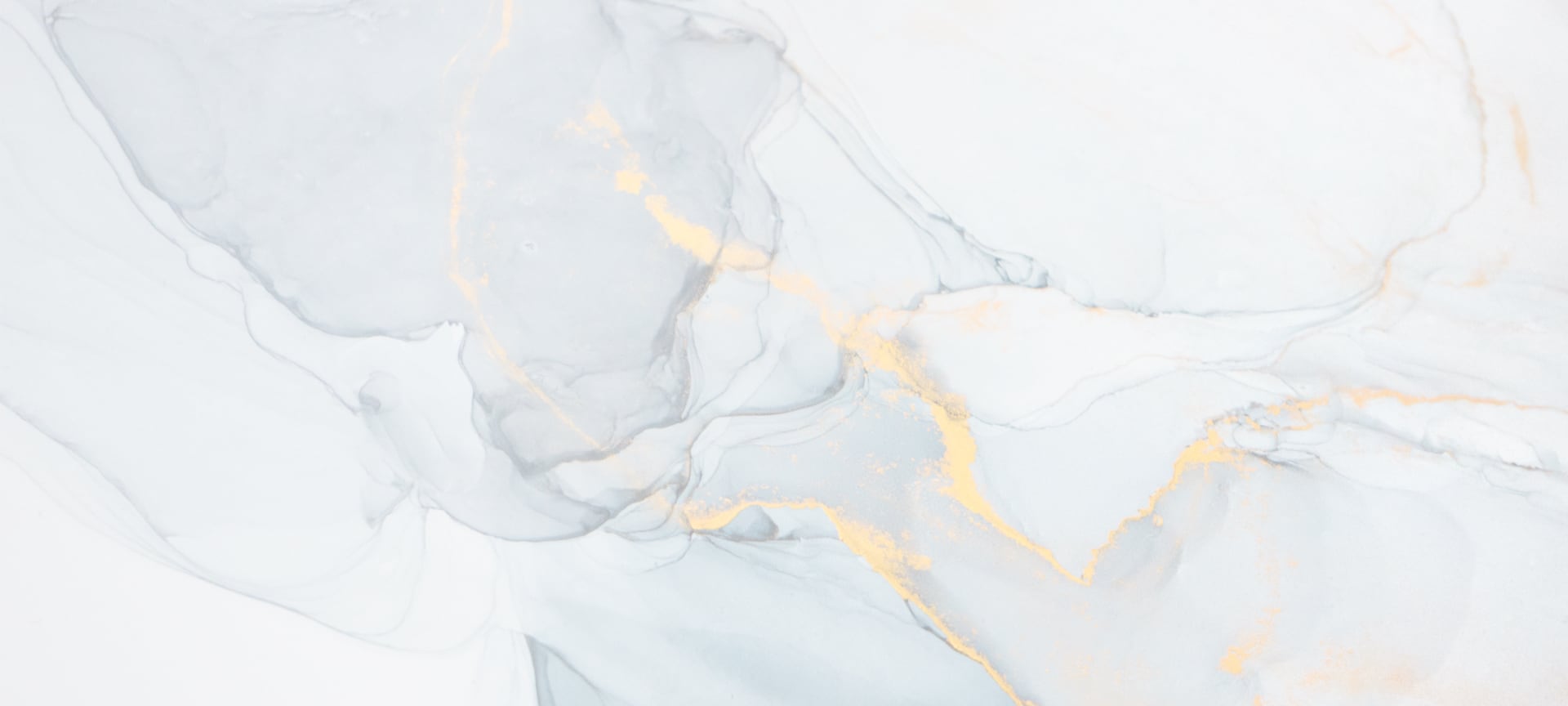
TESTIMONIALS & REVIEWS
Dr. Lester and her staff are the most professional and awesome team!
Very informative and kind with providing their services.
Five Stars for sure!!
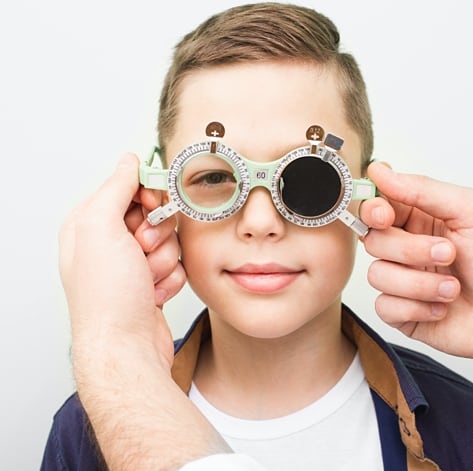
Trina R
